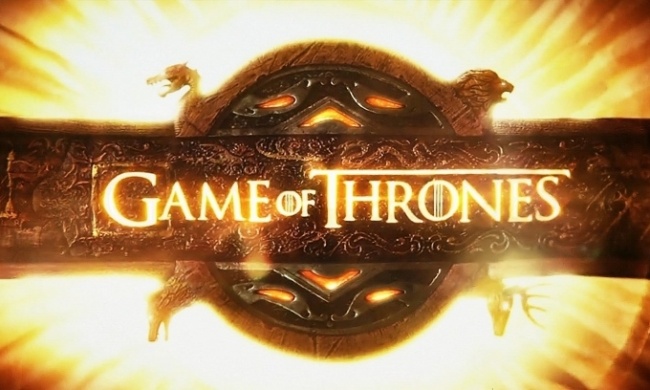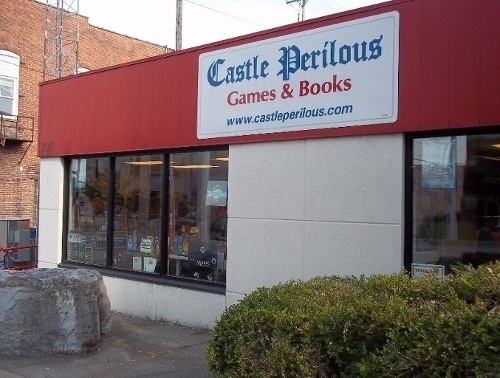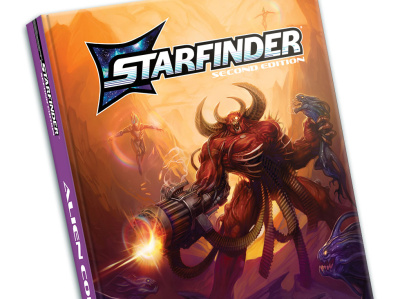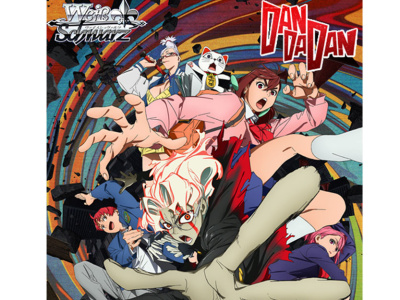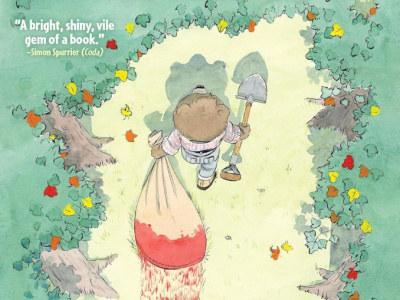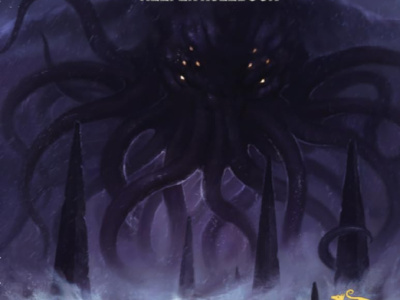Runequest or Tunnels & Trolls or Star Wars or Spirt of the Century or Adventure Maximus... Why play such RPGs is pretty well summed up in this article that ran in The Hollywood Reporter back in 2016. I happened to run across it again while looking for the recent interview Steven Colbert conducted with Joe Manganiello, ostensibly over Manganiello’s new Death Saves clothing line but which deviated into a discussion of whether rolling 3d6 or 4d6 is preferable when rolling up a character (It’s 4d6 if you are in my game) and probably the longest discussion ever about Dungeons & Dragons on late night TV, as least as far as I know.
Anyhow, the Hollywood Reporter article points out four reasons why people in the entertainment industry gravitated to D&D and why playing or running it (or any tabletop RPG for that matter) can help you or your kids:
- World-building and what-if scenarios. D. B. Weiss, co-creator and showrunner for Game of Thrones, says playing D&D was perfect preparation for the world-building necessary for creating the sprawling storylines that GOT encompasses. Every session, he (as the DM) had to develop worlds in which his players could adventure and run through dozens of what-if scenarios in his head as he had to prepare for the likelihood that his players would do something completely different than what he had prepared, opting to venture into the dark woods instead of the intricately designed castle dungeon looming before them (something every game master has had happen to them). Meanwhile, Pendleton Ward, the mind behind Adventure Time, credits his years playing D&D, with its monsters with their unique instincts and motivations and habitats, as a huge influence in creating the Land of Ooo.
- Storytelling. David Beinoff, the other co-creator and showrunner for Game of Thrones, credits D&D with honing his storytelling skills, learning through practice what hooks an audience and what sent them nodding off. Even today, if the story the game master tells is engaging, the players stay riveted on their words. Lose their attention, and players pull out their smartphones and start scrolling through their Instagram feeds. A good story can keep players sitting around the table for hours and thousands more watching on various Twitch feeds, as Critical Role does.
- Acting and improvisation. Mike Drucker, a writer on The Tonight Show Starring Jimmy Fallon, says that playing D&D "makes you think on your feet and commit." At its best, when the gamemaster is not simplify reading material from a prepared scenario, a game transforms into a session of improvisational theater with players responding to what the gamemaster says and the gamemaster then riffing on the responses from the players.
- Socialization. Deborah Ann Woll, one of the stars of Netflix’s Daredevil, implies this when she said, in response to plans for yet another D&D movie: "The adventures I’ve had in Dungeons & Dragons will always be more exciting than anything they could put on a screen because it was me and I lived it, and it was spontaneous. That’s just always going to be more exciting." The interaction among players helps draw players out of their shells and interact with others. Dozens of parents over the years have told me how much their kids loved playing D&D and other RPGS and how doing so helped them learn to deal with other people.
So there you have them, four reasons to play RPGs. Of course, when players are at the table slinging dice, they won’t be thinking about any of them, which, of course, is just how it should be.
The opinions expressed in this column are solely those of the writer, and do not necessarily reflect the views of the editorial staff of ICv2.com.



